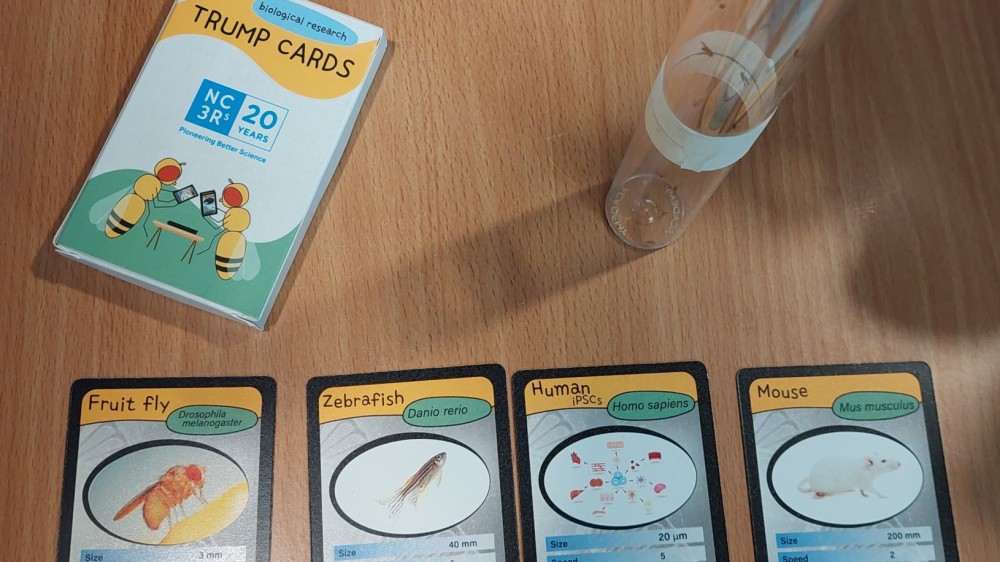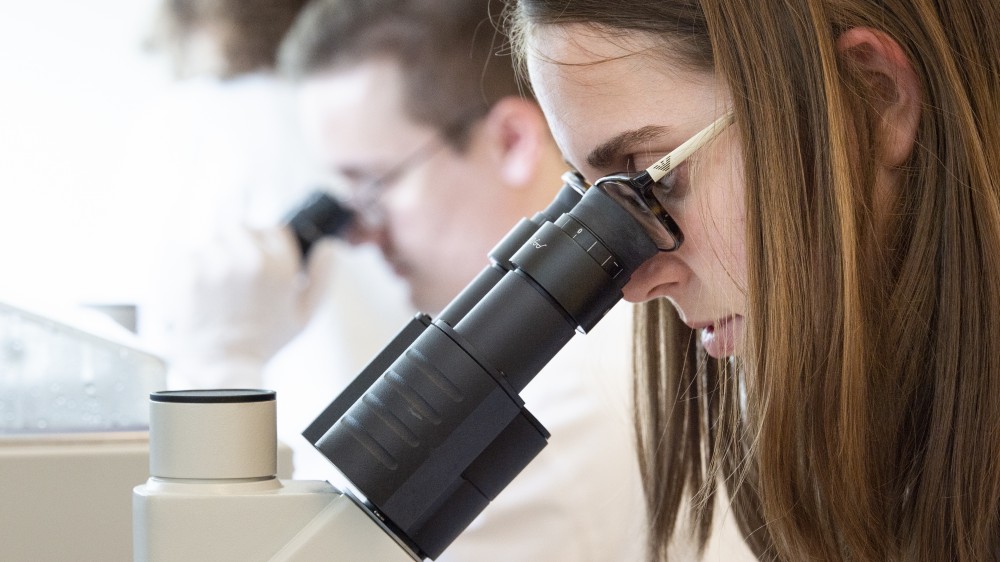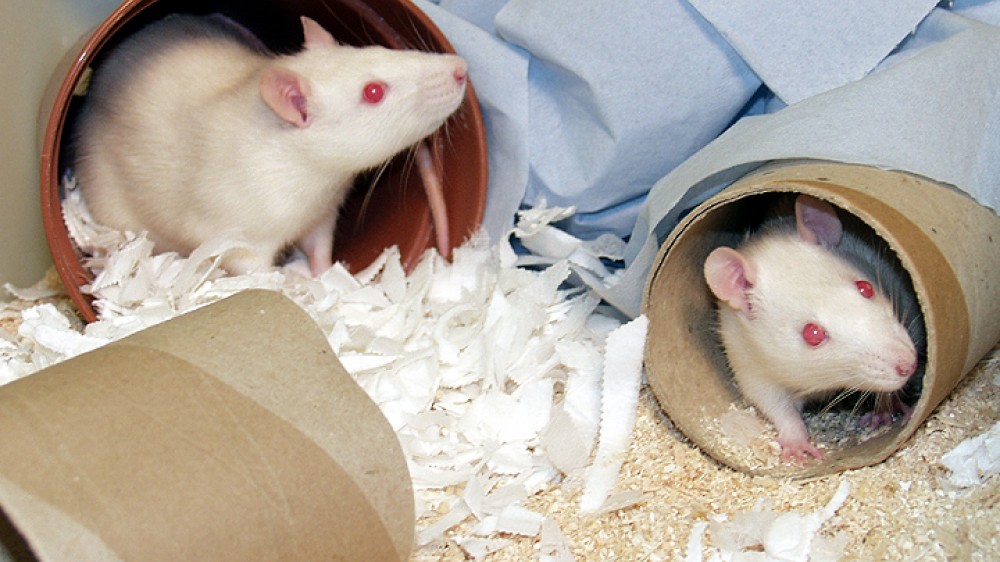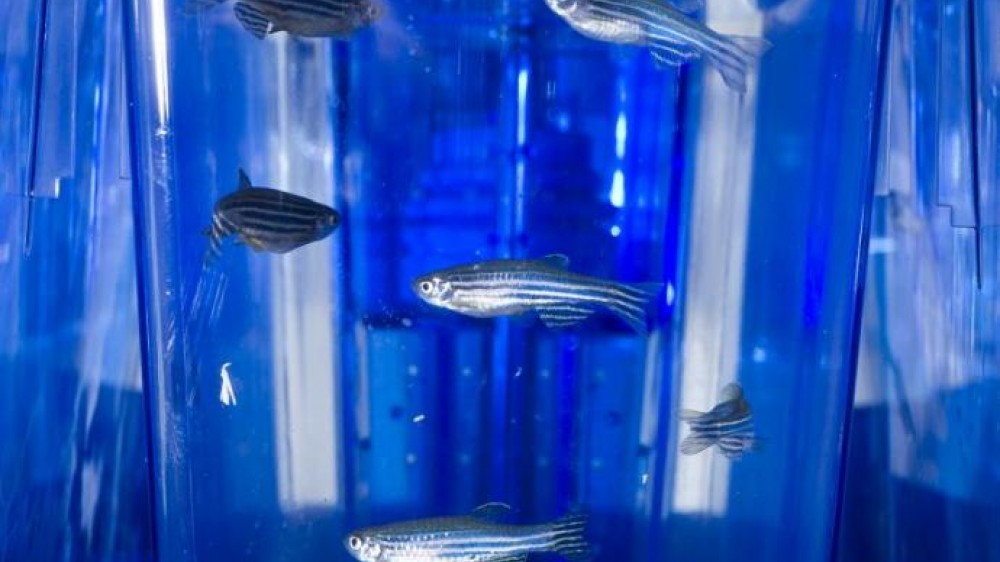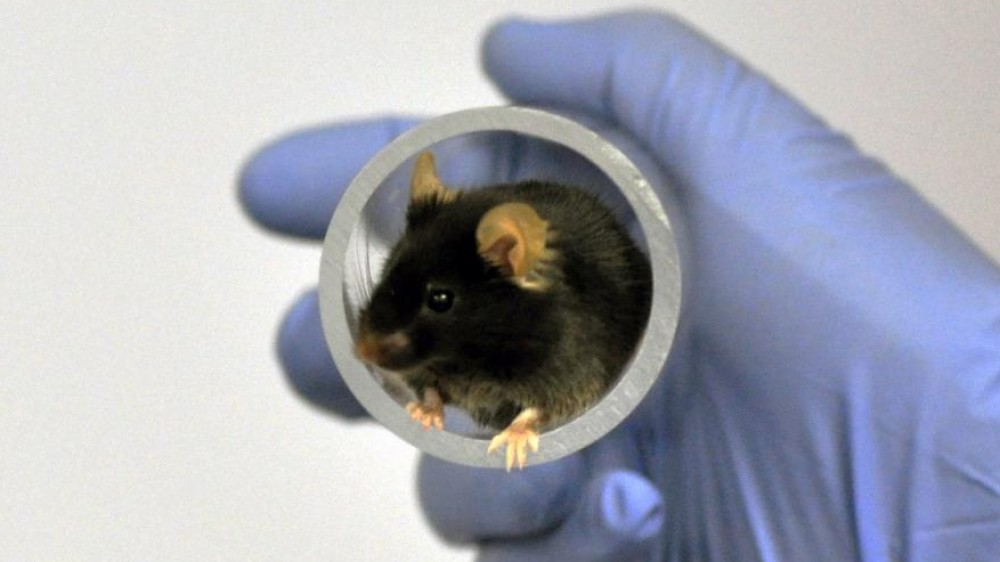The NC3Rs was set up to help scientists replace their use of animals and, where this is not possible, reduce the number of animals used and refine the care of the animals to keep pain and suffering to a minimum. There are many ways to achieve these aims, which are known collectively as the 3Rs.
In the UK, animal research that can cause pain or suffering is regulated by the Animals (Scientific Procedures) Act 1986 with the Home Office as the lead government department. The law permits the use of animals in research as long as there is no alternative. Where their use is unavoidable, it requires that scientists only use the minimum number of animals and take steps to limit any pain, suffering or distress.
What are the 3Rs?
The principles of the 3Rs were first proposed in 1959 and stand for:
Replacement
Replacing animal use e.g. using cell cultures, computer modelling, or human tissue or volunteers.
Reduction
Where animal use is necessary, keeping numbers to the minimum e.g. using statistical methods to determine the smallest number of animals that can be used in an experiment.
Refinement
Where animal use is necessary, minimising pain and suffering and improving welfare e.g. using pain relief and providing housing that allows animals to perform their natural behaviours.
We have produced a short video introducing the 3Rs and their scientific importance. This was designed for training scientists, technicians and students, but is useful for anyone interested in learning more about animal research, the 3Rs and the work we do. It includes case studies relating to each of the 3Rs from researchers whose work we have funded.
What does the NC3Rs do?
The NC3Rs is an independent UK-based scientific organisation dedicated to the 3Rs. We were set up in 2004 in response to the House of Lords Select Committee report on Animals in Scientific Procedures, which recommended the establishment of a national centre to help advance the 3Rs.
We work with scientists and organisations from across the life sciences sector, including universities, industry and regulatory authorities, both in the UK and internationally. As well as funding scientific research into the 3Rs, we support the development of 3Rs technologies and drive changes in policy, regulation and practice. We engage with the scientific community through collaborating on research projects, running events and producing guidelines and other resources, including our website.
Find out more about who we are and what we do.
We have always been transparent about our work and both the use and limitations of animals in research and testing, and encourage those we work with to do the same. We have undertaken and funded a wide range of public engagement activities to communicate how the 3Rs supports both better animal welfare and better science.
Find out more about our public engagement activities.
Learn more
While much of our work is aimed at scientists, you can find articles, videos, podcasts and other resources aimed at a more general audience that have been produced by NC3Rs, the researchers we fund and other organisations in the links below.
Research round-ups
Discover how the 3Rs are embedded in research and the science driven by 3Rs tools, technologies and approaches, in this series of articles written for a general audience.
Explore 3Rs methods and technologies on the NC3Rs F1000 Gateway – an open access platform for our grant holders to maximise the 3Rs impact of their work.
Find out about the work we have funded to build the evidence base for refining the use of fish in research.
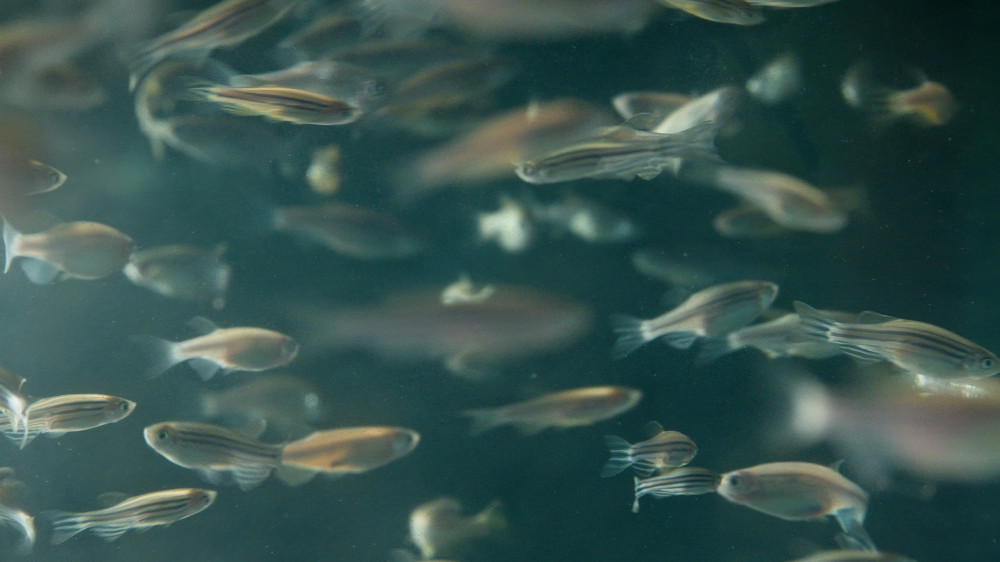
Find out about the £3M the NC3Rs has invested to replace, reduce or refine the use of animals in Alzheimer's disease reseach.
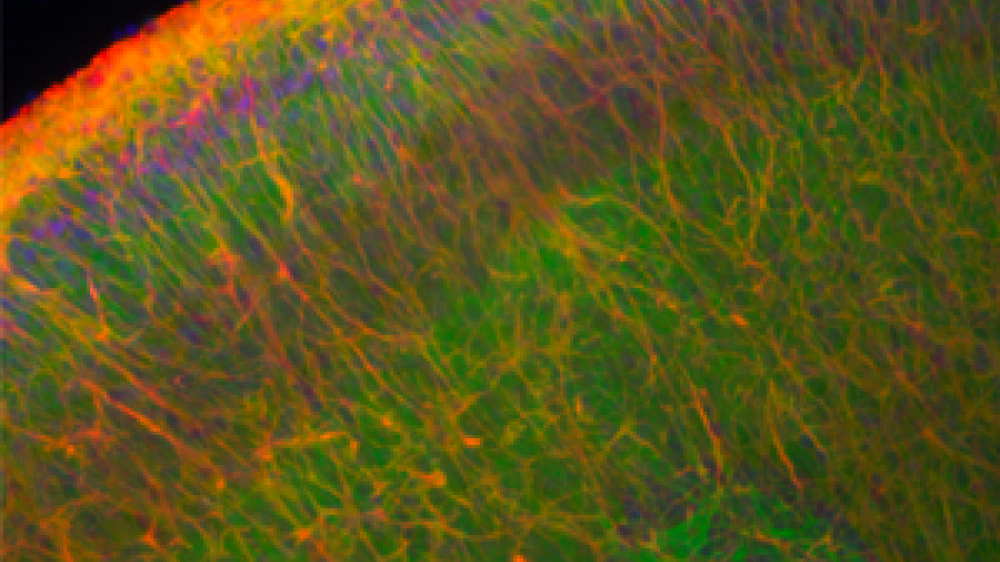
Discover NC3Rs-funded science to replace animals in research to better understand and treat stroke.

Articles
We look back at 20 years of innovation in the 3Rs in an AI special issue of the Royal Society of Biology's magazine.
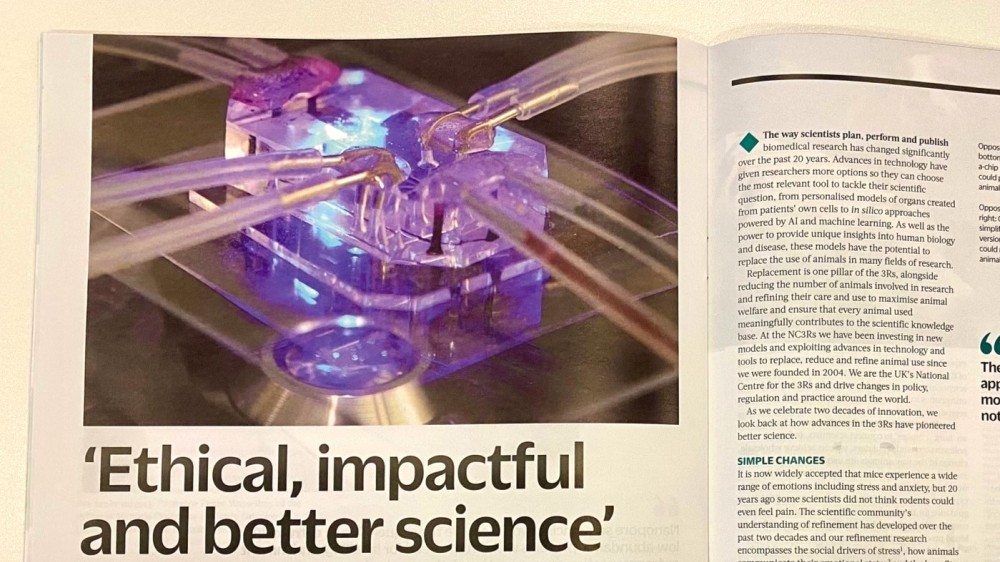
Explore the evolving relationship between genetic modification and the 3Rs over the past two decades in the Genetics Society magazine.
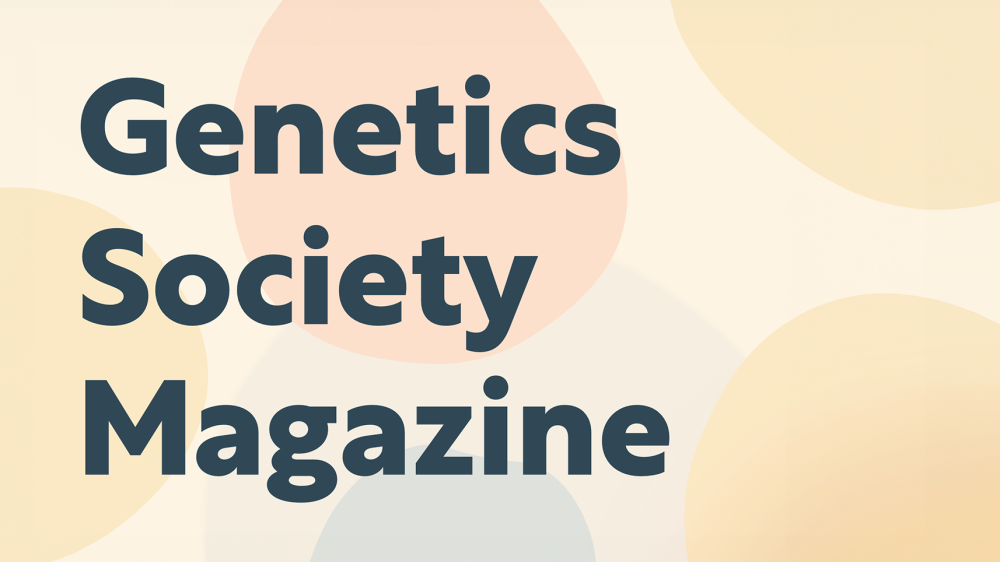
The Guardian spoke to Dr Adriana Tavares and Liam Carr about their NC3Rs-funded research developing a 'body-on-chip'.
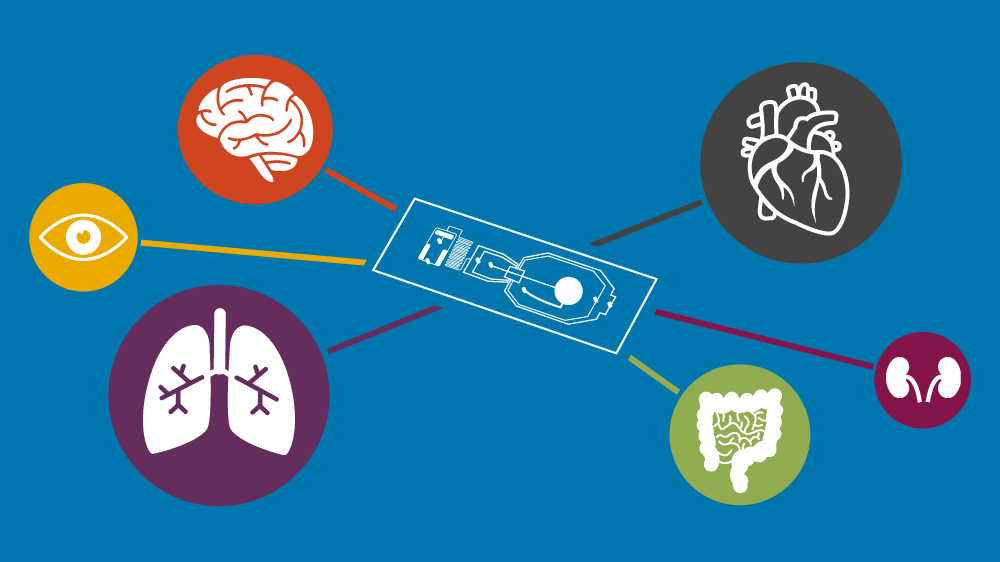
Explore NC3Rs funding and innovation to drive the development and uptake of replacement technologies.
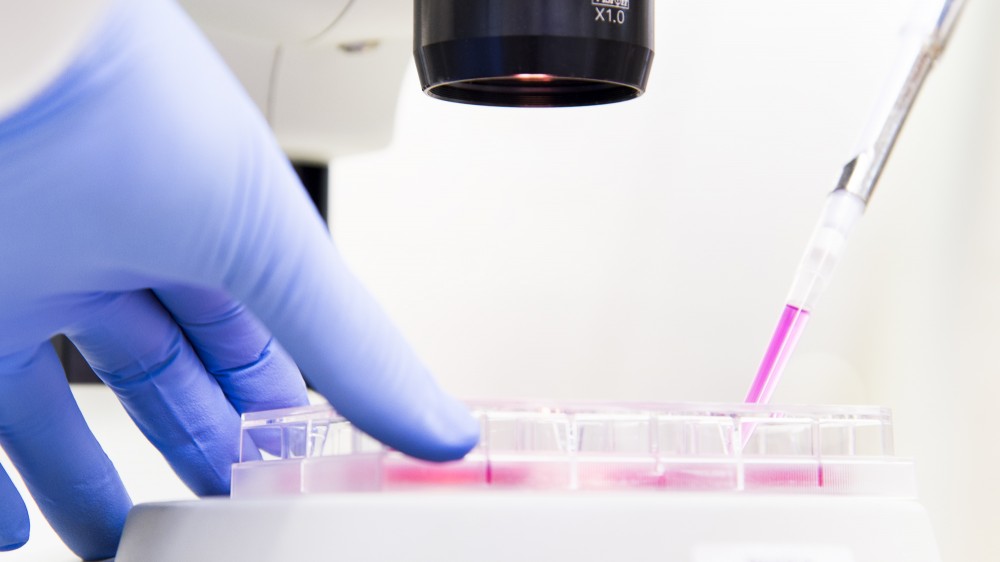
A feature on two of our 3Rs Prize winners and how their work is helping reduce the use of animals in research.
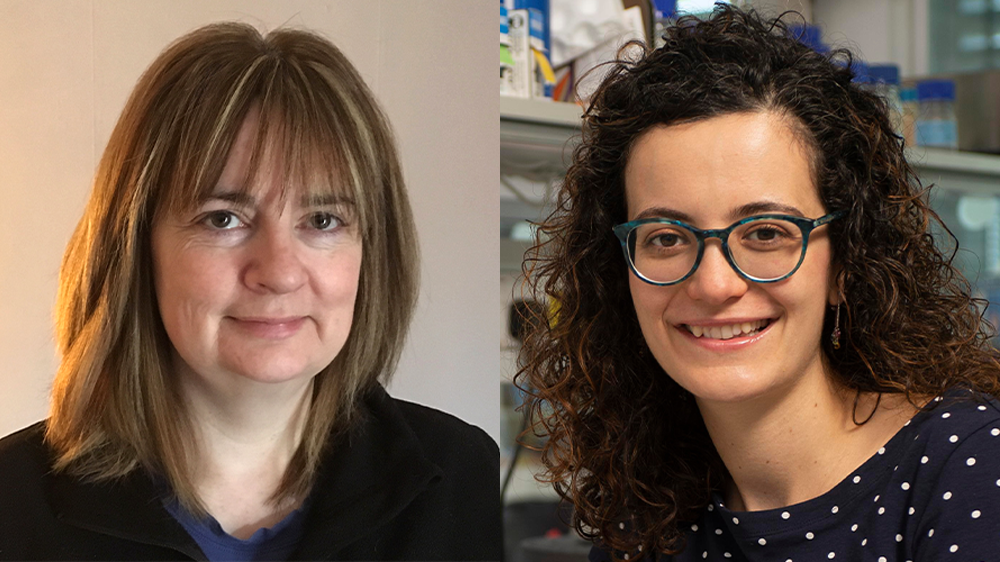
NC3Rs-funded researcher Dr Rachel Tanner explains the 3Rs for a younger audience.
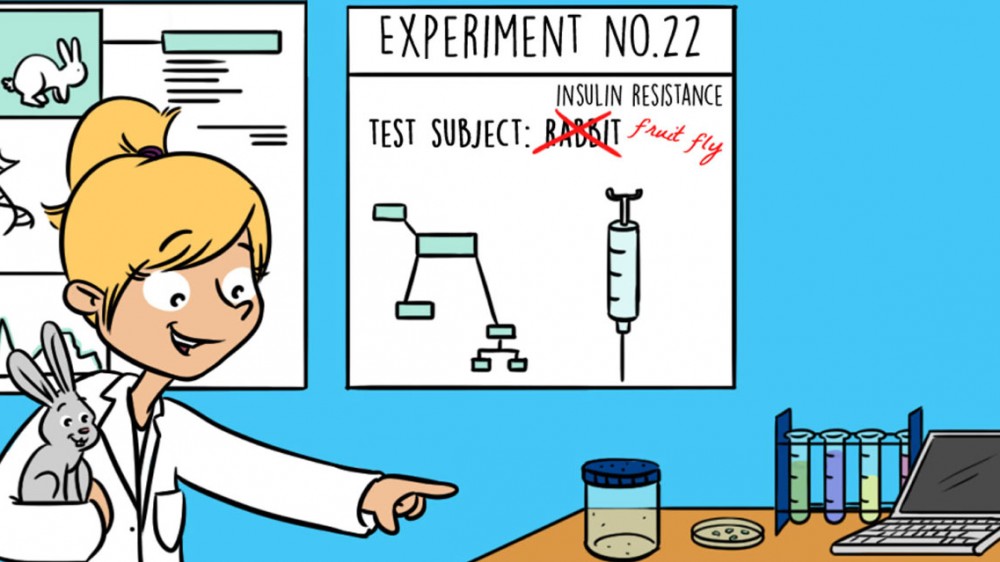
NC3Rs-funded researcher Dr María Duque-Correa tells us about her work to tackle whipworm infection through 3Rs research and schools outreach.
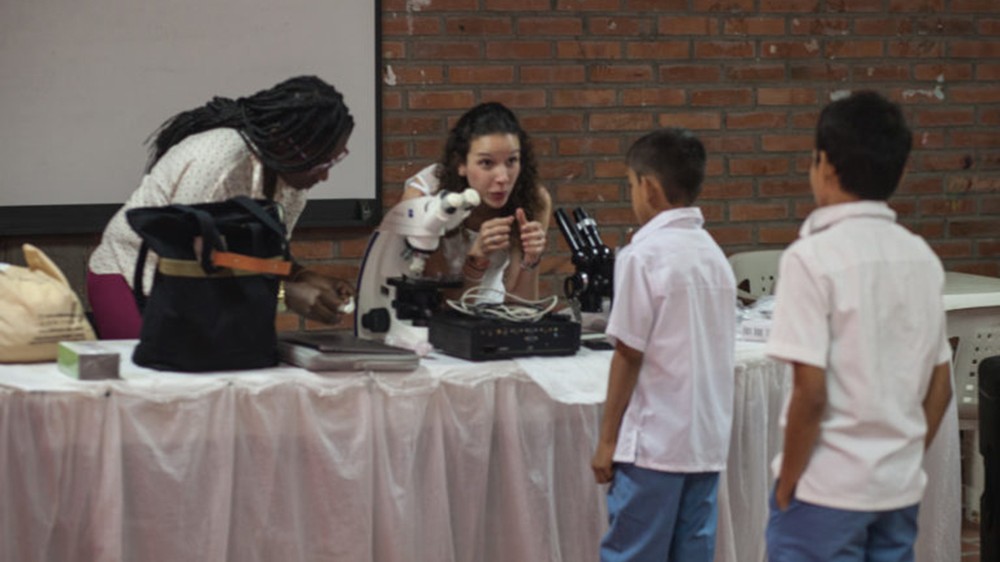
We have taken part in this annual science festival since 2014. Learn more about our 2019 event via our blog post.
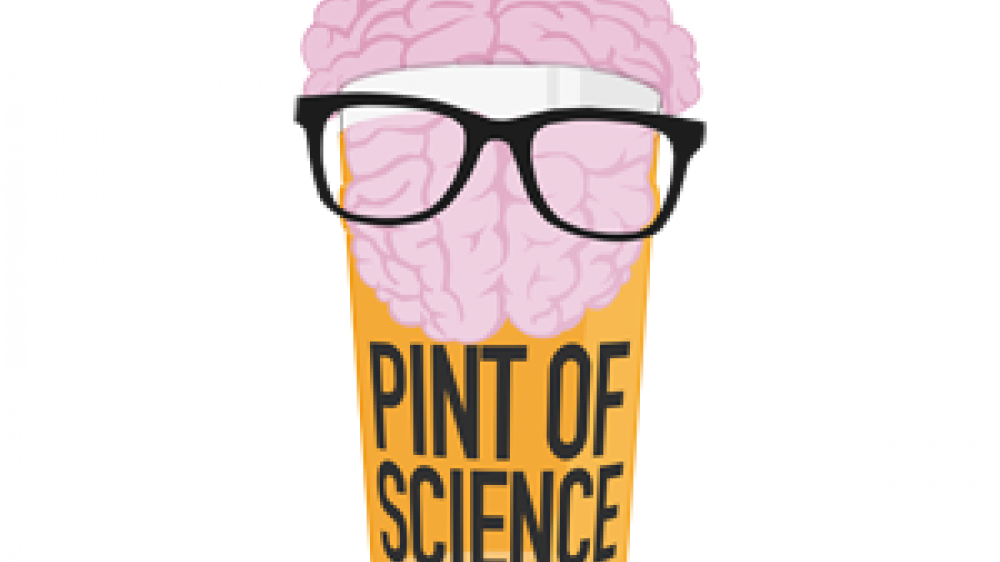
This article in "The Biologist" magazine shares highlights from our 2019 Research Review.
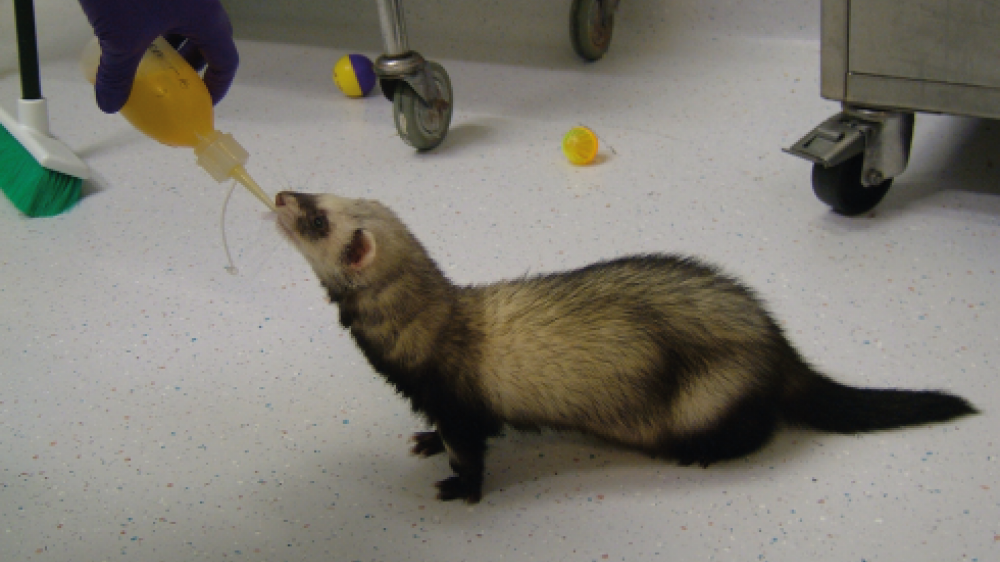
An article by NC3Rs grant holder Dr Donna MacCallum on her work developing new ways to study fungal infection without the use of animals.
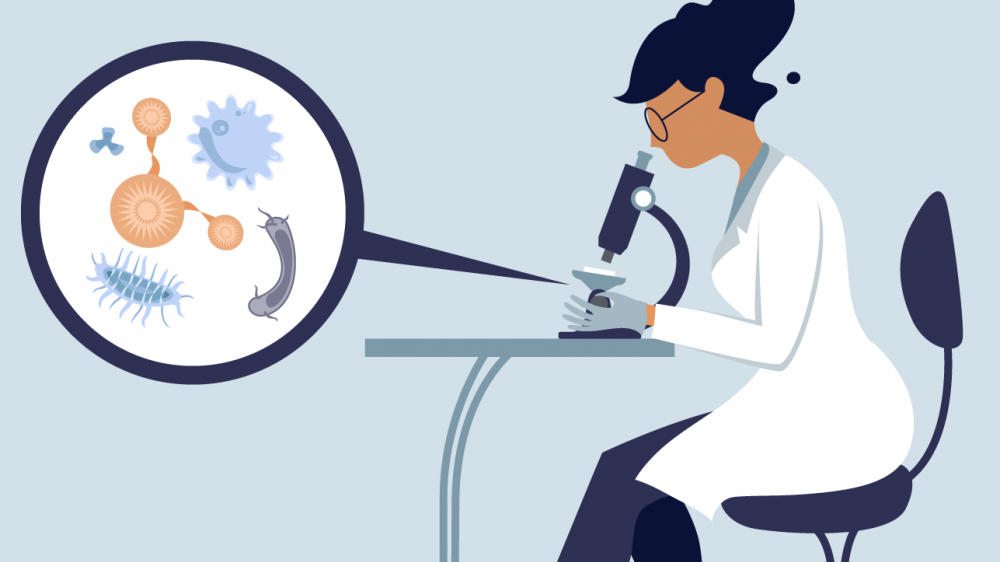
An introduction to organ-on-a-chip technology and its potential to replace animal studies, aimed at 14 to 19 year olds and available in English and Spanish.
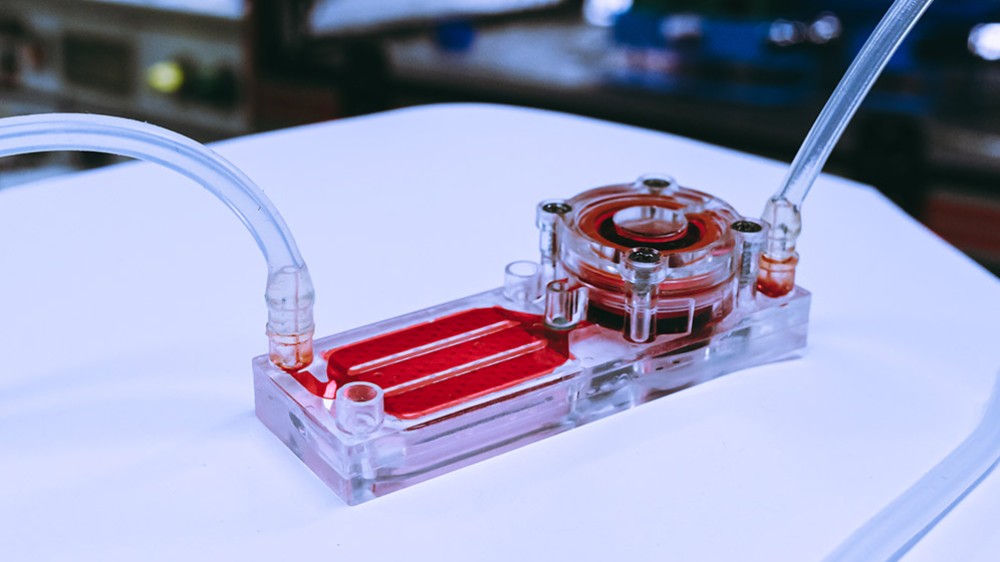
Our citizen science project with MRC Harwell invited the public to get involved in improving laboratory mouse welfare by watching and labelling videos of mice in their home cages.
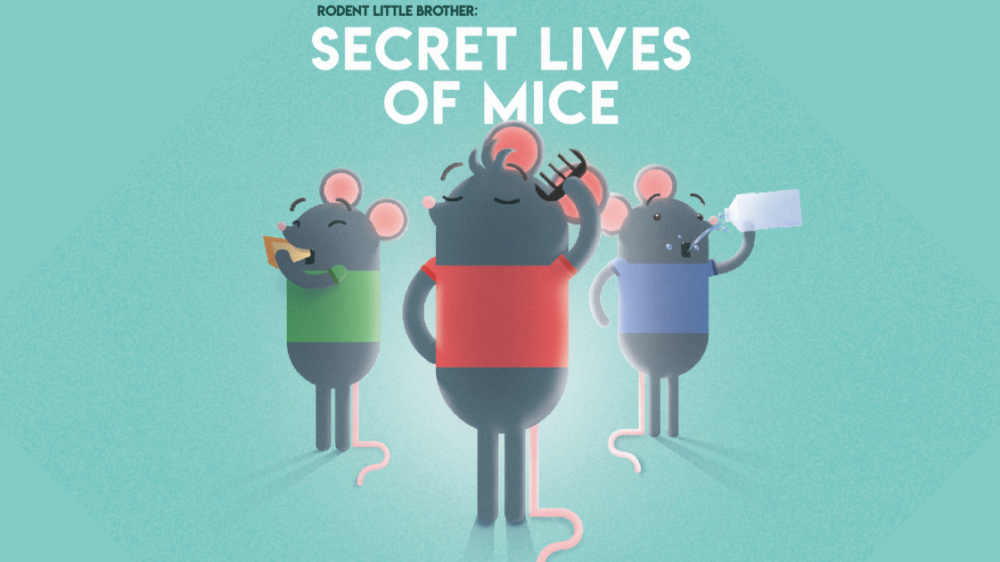
Videos and podcasts
Hear how zebrafish larvae and in vitro approaches are replacing mice in stroke research from NC3Rs-funded scientists at the University of Manchester.
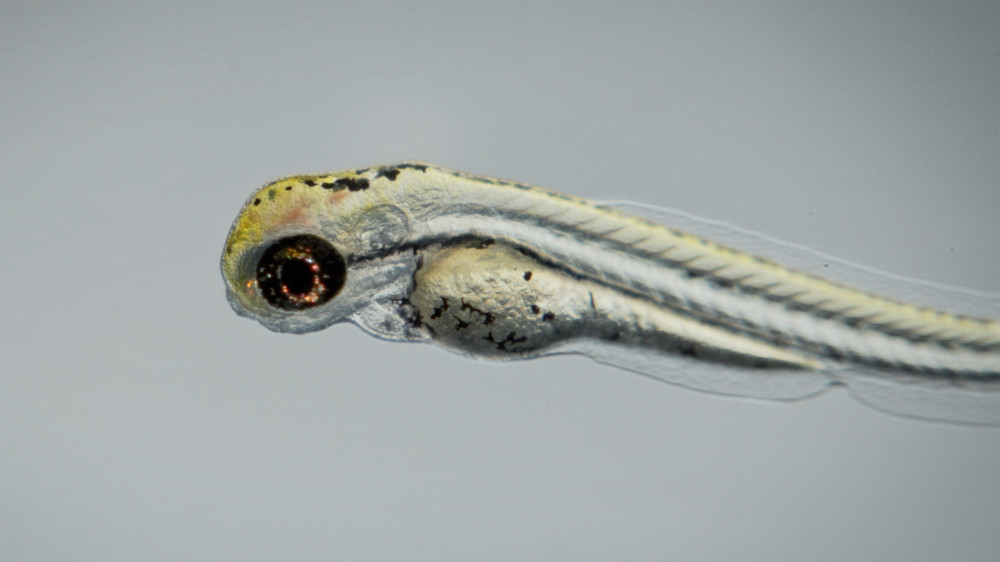
A video from NC3Rs-funded PhD student Liam Carr exploring how body-on-chip technology can replace the use of animals in drug development.
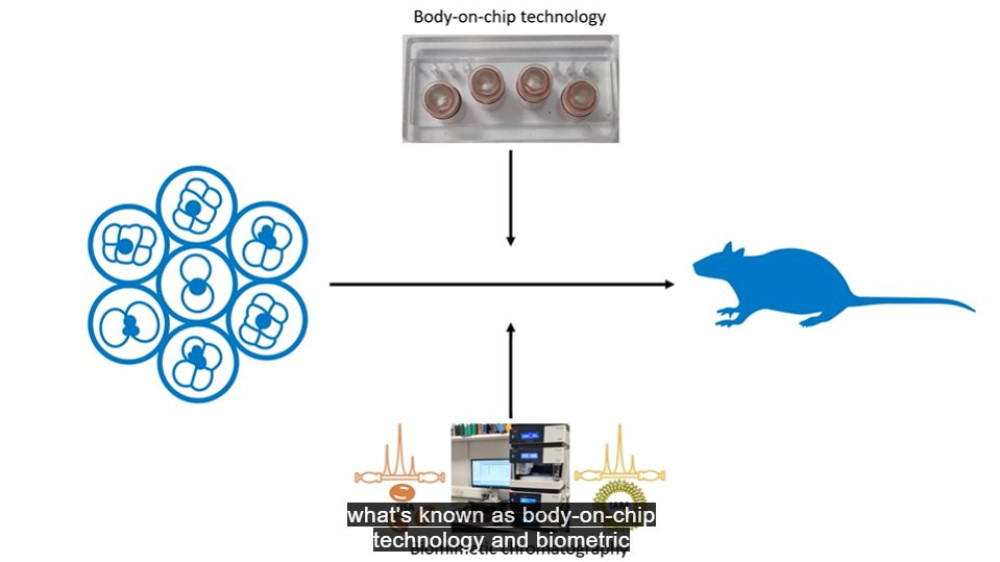
Dr Ben Newland (Cardiff University) explains his work on cryogels, which was highly commended for the 2021 3Rs Prize.
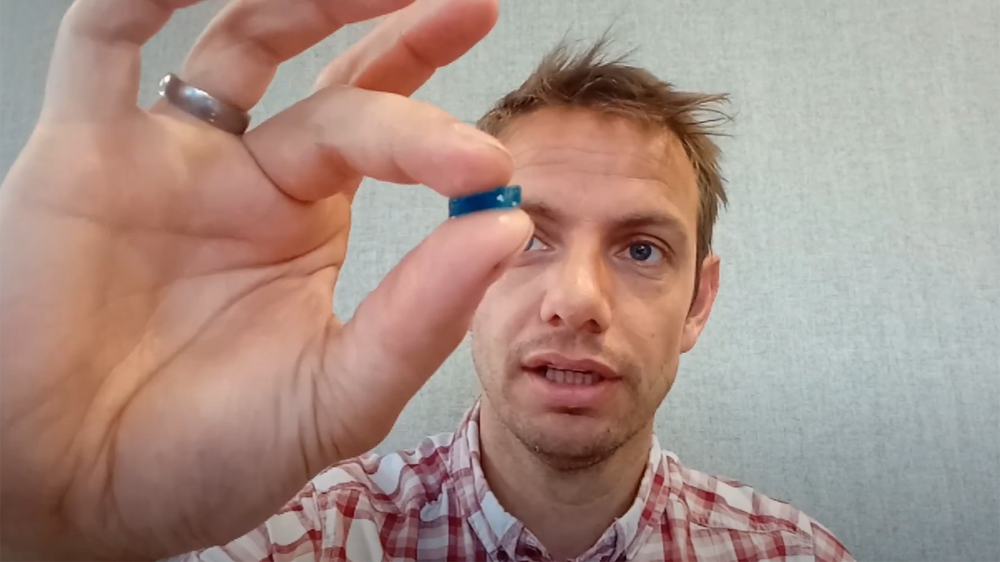
A Science Animated video on how NC3Rs-funded researchers at King’s College London are using caterpillars to replace mice in antibiotic research.
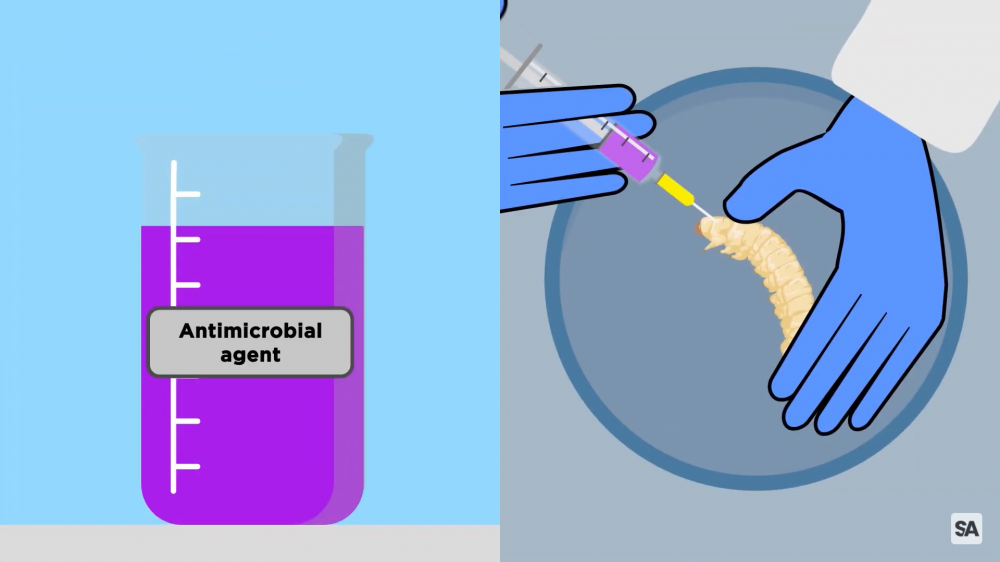
Videos by NC3Rs grant holder Dr Marloes Peeters, sharing her work on developing biosensors to replace the use of animals.
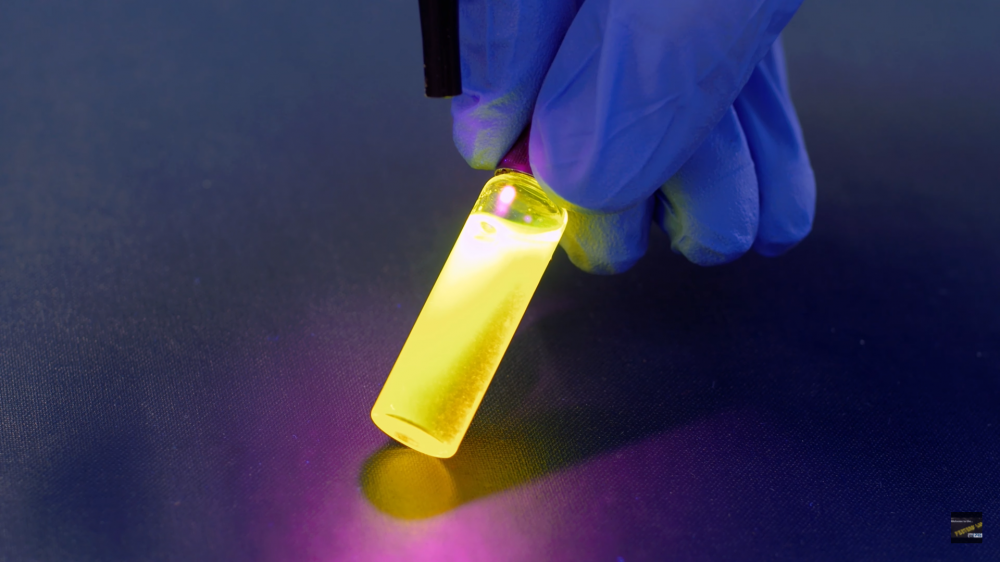
Learn more about ESTIV's in3 Project, which aims to create lab- and computer-based tools for assessing the safety of chemicals.
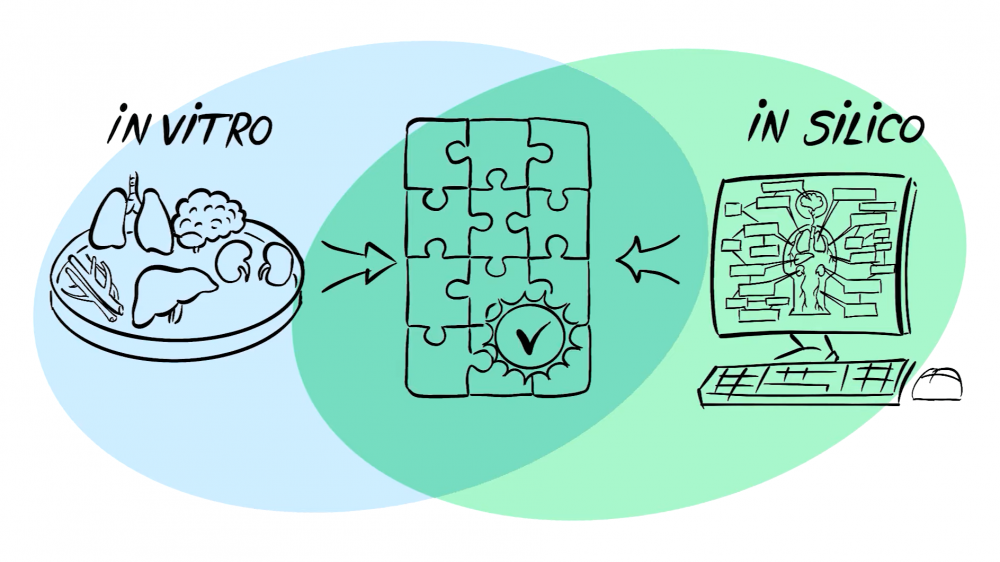
A podcast interview with Selina Ballantyne, Licence Manager at the University of Cambridge, on why good science and good animal welfare go hand in hand.
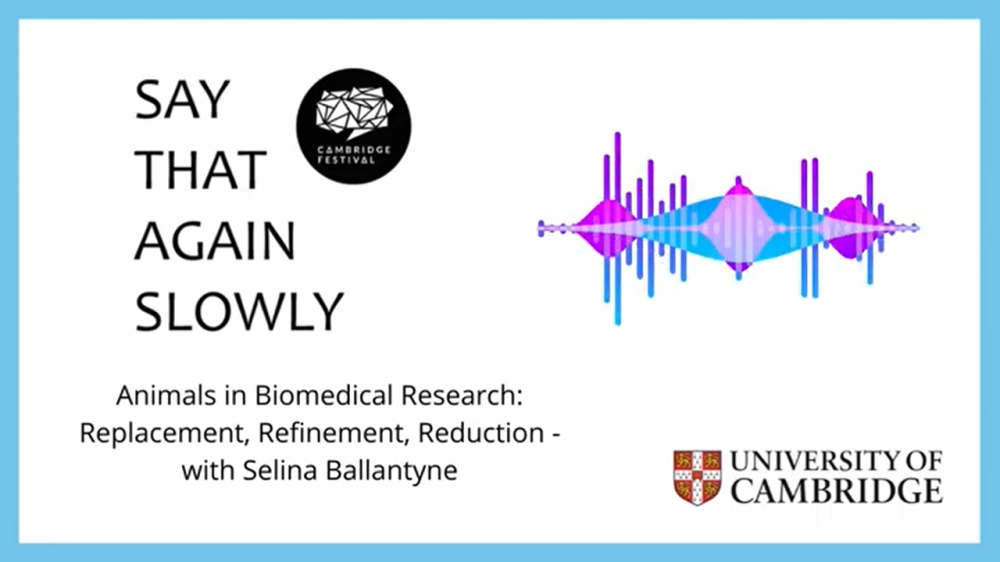
Other resources
A course from the European Schoolnet Academy aimed at supporting teachers to incorporate the 3Rs into their lessons.
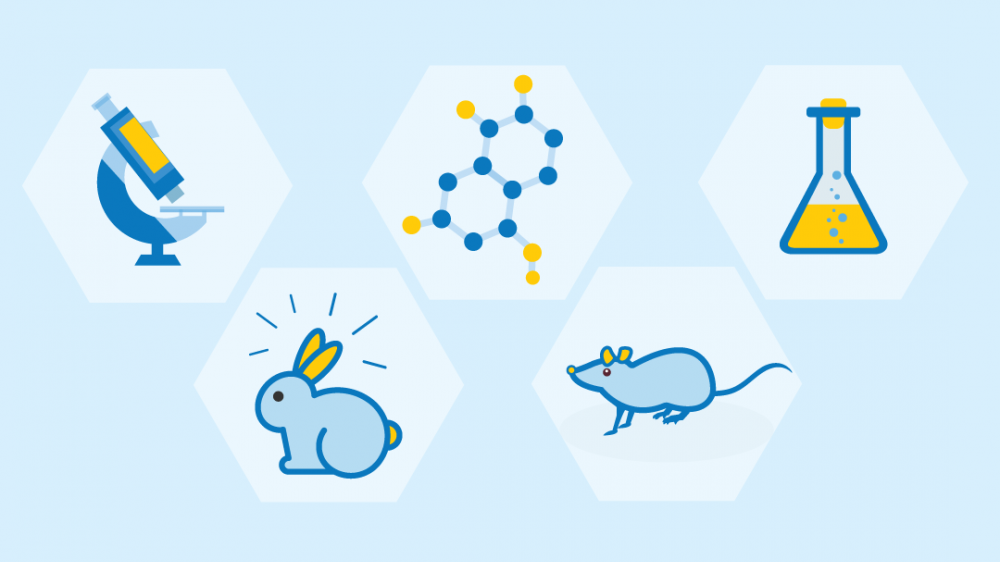
A card game about how scientists choose the right model for their experiments and options to replace animal use, created by NC3Rs-funded researcher Dr Jo Sharpe.
